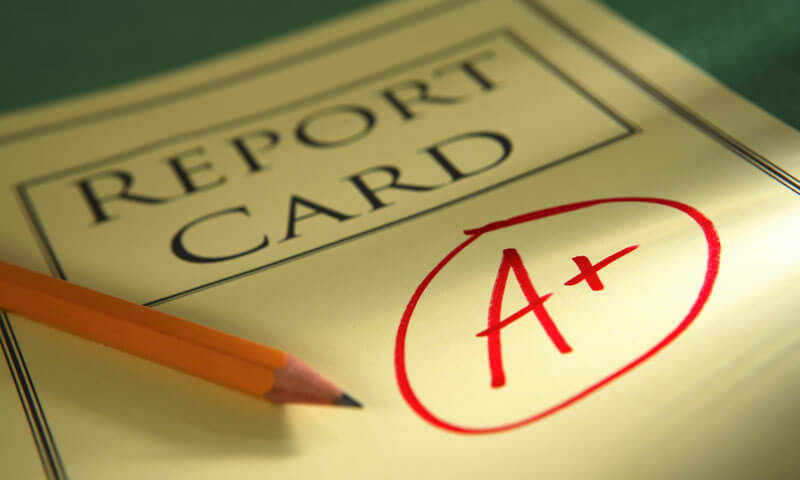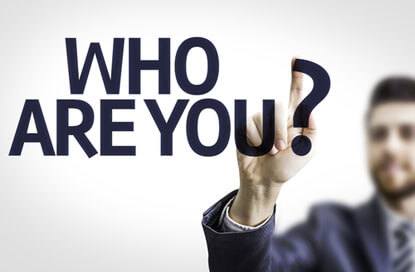The South Carolina State Conference of the National Association for the Advancement of Colored People (NAACP) is suing the state’s attorney general in federal court in Charleston, challenging rules that could impede the group from training volunteers who are not lawyers to offer limited legal advice to tenants facing eviction in the state.
According to the lawsuit filed on Tuesday, applying South Carolina’s unauthorized practice of law rules to the group’s planned program would violate the First Amendment’s protection of speech and association rights. The NAACP seeks to bar the state from enforcing the rules against its efforts to give “free, accurate and limited legal advice” to help low-income South Carolinians.
The program would train and certify “advocates” to offer limited advice vetted by housing lawyers. The volunteers would assist tenants in determining whether and how to request a hearing on an eviction action and identifying possible defenses.
The group claims that tenants in South Carolina, which has one of the highest eviction rates in the United States, often lack legal representation because they cannot afford lawyers. It argues that there are not enough pro bono lawyers to meet demand.
Start your legal job search with the experts at BCG Attorney Search.
According to the lawsuit, South Carolina “regularly enforces” its unauthorized practice of law prohibition, which makes it a felony to practice law without being a member of the state bar. The group says it cannot provide the advice it seeks to give “without risking prosecution and severe criminal sanctions.”
A spokesperson for South Carolina Attorney General Alan Wilson’s office said they could not comment on pending litigation.
The lawsuit is similar to a pending case in New York, in which nonprofit Upsolve won a preliminary injunction last year on First Amendment grounds. A judge barred the New York attorney general from enforcing state unauthorized law practice rules against its free legal advice program related to debt-collection lawsuits. The New York attorney general has appealed the ruling, and the case is currently at the 2nd U.S. Circuit Court of Appeals.
The plaintiffs in the South Carolina case are represented by The Institute for Constitutional Advocacy and Protection at Georgetown University Law Center, the national NAACP, and the South Carolina-based Wyche Law Firm.
This lawsuit highlights a growing trend in the United States of organizations and nonprofits seeking to offer limited legal advice to individuals facing legal challenges. While these groups are often staffed by volunteers who are not licensed attorneys, they can provide valuable assistance to individuals who would otherwise be unable to access legal services due to financial barriers.
However, unauthorized practice of law rules in many states, including South Carolina and New York, restrict the ability of non-attorneys to provide legal advice, and violations can result in severe criminal sanctions. These rules are intended to protect the public from unqualified individuals offering legal services but can also restrict access to legal services for low-income individuals.
The outcome of the lawsuits in South Carolina and New York could have significant implications for the ability of nonprofit organizations to provide limited legal advice to those in need and for interpreting First Amendment protections in this context.












































